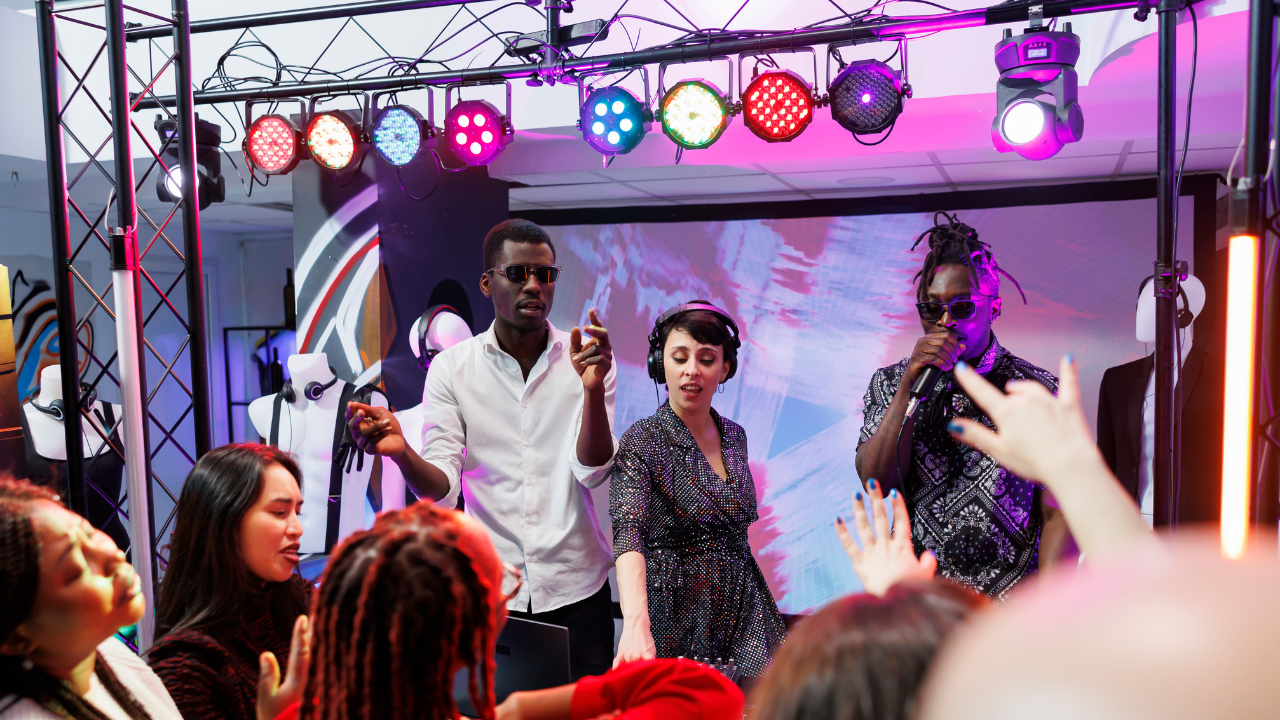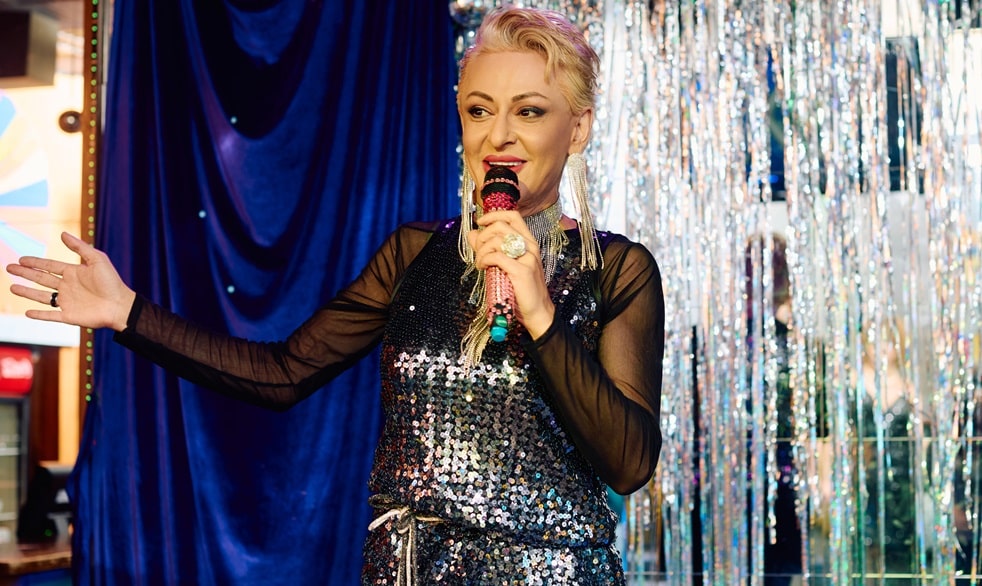
The role of a Master of Ceremonies (MC) is pivotal in ensuring that events run smoothly and engage attendees. Whether it’s a wedding, corporate event, party, or festival, the MC is responsible for guiding the event flow, introducing speakers, and maintaining audience engagement. In this guide, we’ll explore everything you need to know about the role of an MC, including tips on how to MC an event effectively.
What Does MC Stand For in Events?

MC stands for “Master of Ceremonies.” Traditionally, the term comes from the world of theater, where it referred to someone who hosted an event, introducing performers, and keeping the audience entertained. In modern events, this role has expanded to cover a variety of settings, making the MC essential for formal and informal gatherings. When you hear “MC for events” or “how to MC an event,” it generally refers to mastering these responsibilities to keep everything on track.
The Importance of the MC in Events
The MC holds a central role in the success of any event. Here’s why:
- Setting the Tone: The MC sets the mood for the event, creating an inviting environment that helps attendees feel comfortable and engaged. The right tone can transform an event into a memorable experience.
- Guiding the Audience: The MC serves as a navigator for the event, providing clear instructions on what to expect. This includes introducing speakers, announcing activities, and keeping everyone informed of the schedule.
- Engaging the Audience: A successful MC interacts with the audience, keeps energy levels high, and encourages participation. Whether through humor, storytelling, or quick improvisation, a skilled MC knows how to keep the audience engaged.
- Handling Logistics: One of the key roles of the MC is to manage the event schedule. This includes tracking time, ensuring speakers are ready, and making necessary announcements. By managing logistics, the MC ensures the event flows without disruptions.
- Problem Solving: In live events, issues can arise unexpectedly. A good MC is adaptable, able to resolve problems quickly while keeping the event moving. This may include filling in time during delays or managing unexpected technical difficulties with professionalism.
- Creating Memorable Moments: The MC can make the event memorable by infusing personality, humor, and moments of reflection. Whether it’s through interactive games or well-timed humor, the MC has the power to enhance the overall experience for attendees.
How to MC an Event: Best Tips

Being an effective MC requires a mix of communication, organization, and charisma. Here are some essential tips on how to MC an event.
Prepare Thoroughly
Preparation is key to being an excellent MC. Familiarize yourself with the event schedule, the speakers, and the key points they’ll address.
- Know Your Material: Understand the flow of the event and its objectives. Research the speakers and performers so you can introduce them properly.
- Meet Stakeholders: Prior to the event, discuss the schedule and goals with the organizers and presenters. This will help you align your presentation style with the event’s theme.
Create a Welcoming Atmosphere
As the MC, you are responsible for creating a friendly and inviting environment.
- Engage the Audience: Welcome the attendees with warmth. Introduce yourself clearly and briefly, helping the audience feel connected to you.
- Use Humor Wisely: Appropriate humor can relax the audience and keep the atmosphere lively. However, always consider the event type and the audience when crafting your jokes.
Practice Your Script
While some improvisation may be necessary, having a prepared script ensures you remain confident and composed.
- Rehearse Key Segments: Practice your opening, transitions, and closing remarks to deliver them smoothly. Rehearsing also minimizes errors during the event.
Be Clear and Concise
Effective communication is one of the most critical skills for an MC. When addressing the audience:
- Use Simple Language: Avoid complex jargon that might confuse attendees. Opt for friendly, easy-to-understand language that keeps your message clear.
- Be Direct: Ensure your instructions and announcements are straightforward so that the audience can follow along effortlessly.
Stay Adaptable
Even the best-planned events can have unexpected moments.
- Adjust On-the-Fly: Whether a speaker is running late or there’s a technical glitch, be prepared to modify your script or timeline. Remaining composed will reassure the audience that everything is under control.
Build Rapport with Speakers
Developing a good rapport with the event’s speakers or performers allows you to introduce them confidently.
- Connect Before the Event: Meeting the speakers ahead of time will help you introduce them with greater detail and familiarity, which enhances your overall presence as an MC.
How to Be an MC at a Party
If you are tasked with being an MC at a more informal gathering like a party, the principles of preparation, engagement, and adaptability still apply. Keep the mood light, use humor generously (but appropriately), and be prepared to interact with the audience more directly. A party MC often has to keep things moving between different activities, so timing is key.
Conclusion
Being an MC, whether for a corporate event, wedding, or party, is a role that requires preparation, confidence, and adaptability. With the right skills, you can elevate an event, ensuring its smooth flow and leaving attendees with unforgettable memories.








